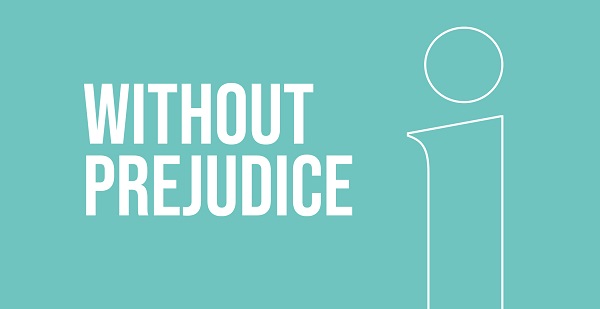By Samer Cheaitou, Solicitor
Where there is a dispute in the workplace, or where an employment relationship is not working out, an employer may wish to enter negotiations with an employee with a view to agreeing a mutual termination of their employment. This can save time and help to avoid other lengthy employment law processes.
A risk of holding this conversation is that an employee could potentially refuse the offer and rely on it in any Tribunal claim as evidence that the employer wanted to “get rid” of them. However, there are two ways that an employer can discuss mutual termination with an employee, with less risk of the offer being disclosable.
Firstly, an employer can make a without prejudice offer, which will not be disclosable in any future legal proceedings. To be able to make a without prejudice offer, there must be a dispute in place between the parties. It would be dangerous to assume a dispute exists unless the employee has stated their dissatisfaction or disagreement with the employer clearly.
Secondly, an employer can hold a “protected conversation” with an employee. This also allows an employer to make an offer with a view to the employee agreeing on the mutual termination of their employment. However, the key difference is that there need not already be a dispute in place. This has the advantage of allowing an employer to explore mutual termination where a dispute has not yet crystallised, such as prior to starting disciplinary proceedings or a redundancy process, or simply where the employer feels the employment relationship is not working out.
However, the protection given by a protected conversation is much narrower. Whilst without prejudice offers cannot be admitted in any legal proceedings, protected conversations are only inadmissible in ordinary unfair dismissal claims. This means that an employee could disclose the contents of a protected conversation to an employment tribunal if they have another claim besides unfair dismissal, such as a discrimination claim.
Irrespective of whether negotiations have taken place on a without prejudice basis or as a protected conversation, the aim will be that the employee agrees to termination of employment and settles all potential claims under a settlement agreement. In return, the employee will usually receive a financial package from the employer, which will typically include a taxable payment for the employee’s notice period and a termination payment, which can usually be paid tax-free up to a limit of £30,000.
Employees must receive advice from a qualified lawyer or specialist adviser in order for any settlement agreement to be valid. It is therefore always recommended that the employer takes legal advice before making a settlement offer to an employee.
Just Employment Law are employment law specialists with expertise in assisting employers with a wide range of employment matters. If you are interested in learning more about our services, contact us on 0141 331 5150 to speak to one of our solicitors based in Glasgow. You can also visit our website at https://www.justemploymentlaw.co.uk.






